Featured articles
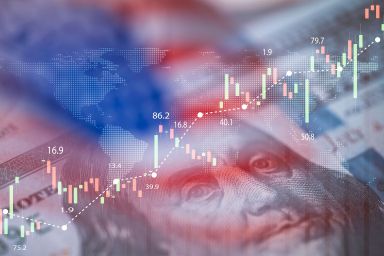
Why Michael Burry just sold all his tech stocks
Michael Burry has just exited a nearly $100 million position on Nvidia that he opened earlier this year.
14:42, 9 October 2025

Gold forecast: Third-party price targets
Gold (XAU/USD) is currently trading at $3,982.94 (as of 6:12pm UTC, 7 October 2025), after briefly crossing $4,000 per ounce for the first time during the session.
14:43, 9 October 2025

How does Elon Musk impact cryptocurrency prices?
In cryptocurrency markets, few individuals command as much attention as Elon Musk. The CEO of Tesla and SpaceX’s tweets, Tesla and Dogecoin announcements, and public statements can trigger periods of heightened volatility, with shifts in buying and selling pressure across digital assets.
13:29, 30 September 2025
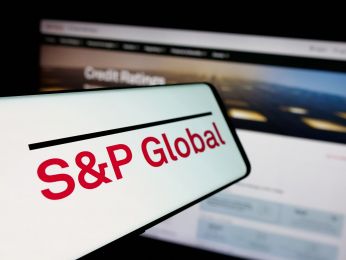
S&P Global stock forecast: Third-party price targets
S&P Global (SPGI) is trading at $475.70 as of 3:56pm UTC on 20 October 2025, hovering near the midpoint of its intraday range, $470.64–$477.11.
16 hours ago
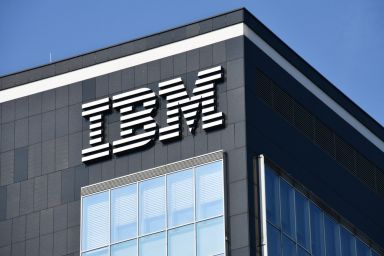
IBM stock forecast: Third-party price targets
IBM (IBM) is trading at $284.62 as of 3:23pm UTC on 20 October 2025, approaching its intraday high of $285.25 and up from the day's low of $272.14.
15:59, 24 October 2025
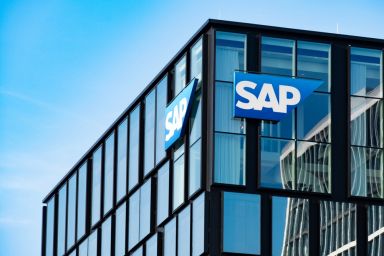
SAP SE stock forecast: Third-party price targets
SAP SE (SAP) is trading at $233.80 as of 9:24am UTC on 20 October 2025, with intraday moves between a low of $227.45 and a high of $234.40. The share price remains near the upper end of this session’s range.
15:19, 24 October 2025

Quantum Computing Stocks: A technological revolution and a market frenzy
Quantum computing stocks have surged as investors race to invest in the potentially revolutionary technology.
11:26, 24 October 2025

Market Mondays: Trade developments, FOMC meeting and Earnings
Markets brace themselves for a busy week ahead with key focus on trade talks, the FOMC meeting and key earnings including MAG7 companies
13:23, 27 October 2025
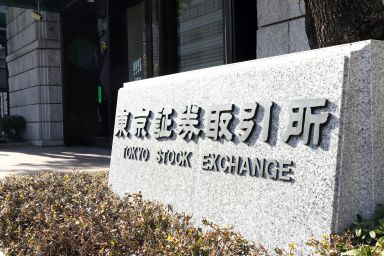
Trading the Nikkei 225 After its 50K Breach
The technicals remain bullish on both daily and weekly time frames, while in sentiment it’s a story of majority buy bias.
09:28, 27 October 2025

Trading the Dow 30 Ahead of More Earnings
Last week was mostly a story of recovery shaking off a couple key negative factors, but it’s about to get more interesting with more earnings this week.
06:14, 20 October 2025

Volatile Trading Ahead of October Option Expiry as Dollar Rally Falters
Volatility in the stock market remained very high on Wednesday, 15 October, with sharp moves in both directions as equities searched for a clear path forward ahead of October’s option expiry.
11:53, 16 October 2025

Market Mondays: Trade developments, FOMC meeting and Earnings
Markets brace themselves for a busy week ahead with key focus on trade talks, the FOMC meeting and key earnings including MAG7 companies
13:23, 27 October 2025

US crude outlook: sanctions vs. surplus
Oil prices jump higher this week as the US threatens direct sanctions on Russian producers but the supply outlook remains overcrowded
09:36, 24 October 2025

Trading gold's volatile technical overview
The technical overview shifted to volatile before last Tuesday’s plunge putting breakout strategies in play, while in sentiment fresh longs remain exposed.
07:46, 23 October 2025

UK inflation holds at 3.8%: markets price earlier BoE cuts as precious metals cool
Consumer inflation remained unchanged at 3.8% in September despite forecasts of a rise, leading markets to price in higher odds of rate cuts from the BoE
12:13, 22 October 2025

Market Mondays: Trade developments, FOMC meeting and Earnings
Markets brace themselves for a busy week ahead with key focus on trade talks, the FOMC meeting and key earnings including MAG7 companies
13:23, 27 October 2025

Trading gold's volatile technical overview
The technical overview shifted to volatile before last Tuesday’s plunge putting breakout strategies in play, while in sentiment fresh longs remain exposed.
07:46, 23 October 2025

UK inflation holds at 3.8%: markets price earlier BoE cuts as precious metals cool
Consumer inflation remained unchanged at 3.8% in September despite forecasts of a rise, leading markets to price in higher odds of rate cuts from the BoE
12:13, 22 October 2025

Market Mondays: rare earths, tariff risk and where the next moves may come from
Renewed tensions between China and the US weigh on market sentiment, with gold and silver receiving another boost
11:23, 13 October 2025
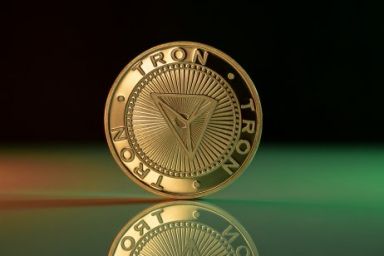
Tron price prediction: What is tron (TRX)?
TRON (TRX/USD) is trading at $0.3212 as of 9:04am UTC on 22 October 2025, after moving within an intraday range of $0.3178–$0.3251. The token remains close to its session high, near the upper end of its recent consolidation band.
23 hours ago

Ripple price prediction: Third-party outlook
Ripple (XRP) was trading at $2.41 as of 11:02am UTC on 21 October 2025, after moving within a daily range of $2.37–$2.53.
13:26, 24 October 2025
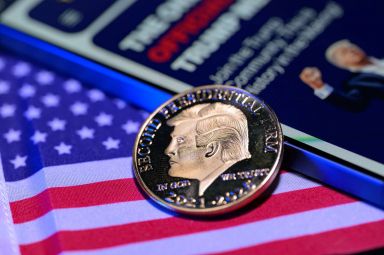
Trump coin price prediction 2025-2050: Third-party TRUMP insights
Trump Coin (TRUMP) is trading at $5.815 as of 9:37am UTC on 21 October 2025, testing the lower end of its intraday range of $5.8150–$6.0354. The Solana-based memecoin has declined from early October levels, with prices consolidating below the $6.00 threshold after a volatile third quarter.
12:39, 24 October 2025

Pi Network coin price prediction 2025-2050: Third-party price target
Pi Network (PI) is trading at $0.2018 at 8:56am UTC on 21 October 2025, after moving within an intraday range of $0.2019 to $0.2086.
11:45, 24 October 2025
